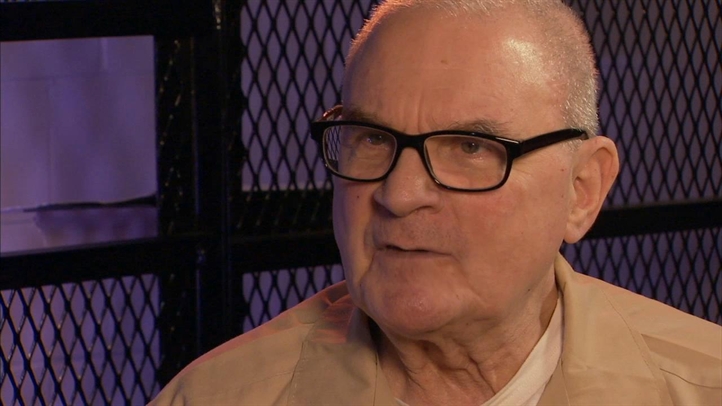The American Civil Liberties Union filed 13 Freedom of Information Act lawsuits on Wednesday in response to President Donald Trump’s controversial travel ban against passengers from majority-Muslim countries.
The coordinated action is part of an ongoing legal struggle that originated during Trump’s first month in office when he issued an executive order restricting travel from seven countries, including Syria and Iraq. The order was later put on hold by federal courts in Maryland and Hawaii.
“The Muslim ban is really unprecedented in both its scope and vindictiveness. It was quickly put into place without much forethought, and local ... agents were left trying to figure out how to implement it,” said Reggie Shuford, executive director of the ACLU of Pennsylvania.
“The courts quickly halted its enforcement, but we still do not know what kind of guidance CBP received and how faithfully the agency followed court orders. The documents we requested should shed light on this question.”
The ACLU is asking for records from local branches of U.S. Customs and Border Protection and the Department of Homeland Security. Complaints will be filed in various states including Maryland, California and Georgia.
Of particular interest to the ACLU’s Pennsylvania chapter is records from CBP’s Baltimore field office pertaining to the deportation of several Syrian families who were denied entry into Philadelphia International Airport.
The ACLU first asked for this information on February 2.
Local
Breaking news and the stories that matter to your neighborhood.
“Since the government has failed to substantively respond, the ACLU is now suing,” the group said in a statement.
At least one local family was directly impacted by Trump’s executive order. The Assalis of Allentown expected to greet their Syrian relatives in January, but the family was denied entry at Philadelphia's airport despite having obtained proper immigration documents and travel visas.
Members of their extended family were deported to Qatar and forced to wait several weeks before returning to the United States. Their dramatic reunion at John F. Kennedy International Airport captured national attention and rallied activists throughout the country.
“The public has a right to know how federal immigration officials have handled the implementation of the Muslim bans, especially after multiple federal courts have blocked various aspects of these executive orders,” said Mitra Ebadolahi, Border Litigation Project Staff Attorney with the ACLU of San Diego and Imperial Counties.



